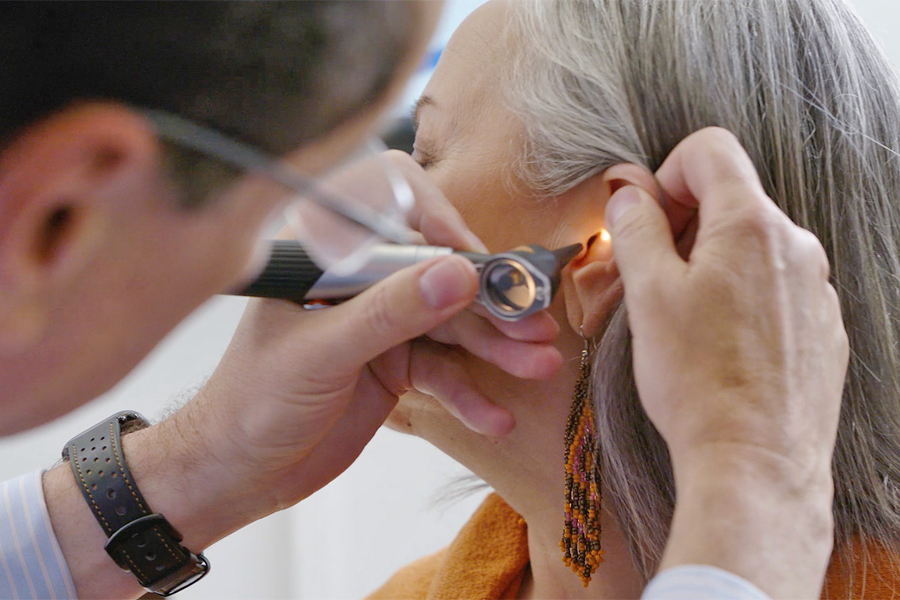4 things you might not know about your ears
Ears allow us to hear, but what else? Here are some facts about your ears that you might not have known…
1. Without your ears, you would lose your balance
Information coming from the vestibular system in our inner ears is processed in the brain and then sent to other organs that need it, like our eyes and muscles, helping us to keep balanced and to know what position our body is in. In some situations (e.g. on a boat) different sensory organs, such as the eyes, send contradictory messages to the brain. This can cause us to feel unwell, dizzy, or nauseous.¹
2. Do your ears keep “growing” with age?
You may have heard the rumour that our ears and nose are the only parts of our body that continue growing throughout our lives. They do get bigger, but it’s not because they’re literally growing. Instead, it’s the cartilage in our ears slowly breaking down, and gravity making them elongate over time.²
3. Ears are self-cleaning
Ear wax may get a bad rap, but it’s a completely natural (and essential) part of our ears.
Normal ear wax production means that your ears are doing a great job at cleaning themselves which keeps them moisturised and protected.
4. Ears never sleep
Our ears still hear all the sounds around us when we’re asleep, even if we’re not aware of it. It’s our brain that’s responsible for processing all the sounds around us and making sense of them.
The sleeping brain continues generating neural responses to surrounding events and monitors for relevant signals, ready to wake us up quickly if necessary.³
BOOK A FREE HEARING TEST TODAY
Our hearing changes as we age. That’s why Hidden Hearing recommend getting a hearing test once a year, especially if you’re over 55. Follow this link to book your free hearing test at one of their 300+ nationwide locations. Or click here to take their free, five-minute online hearing test to get a general idea of how well you can hear.
ADVERTORIAL






















